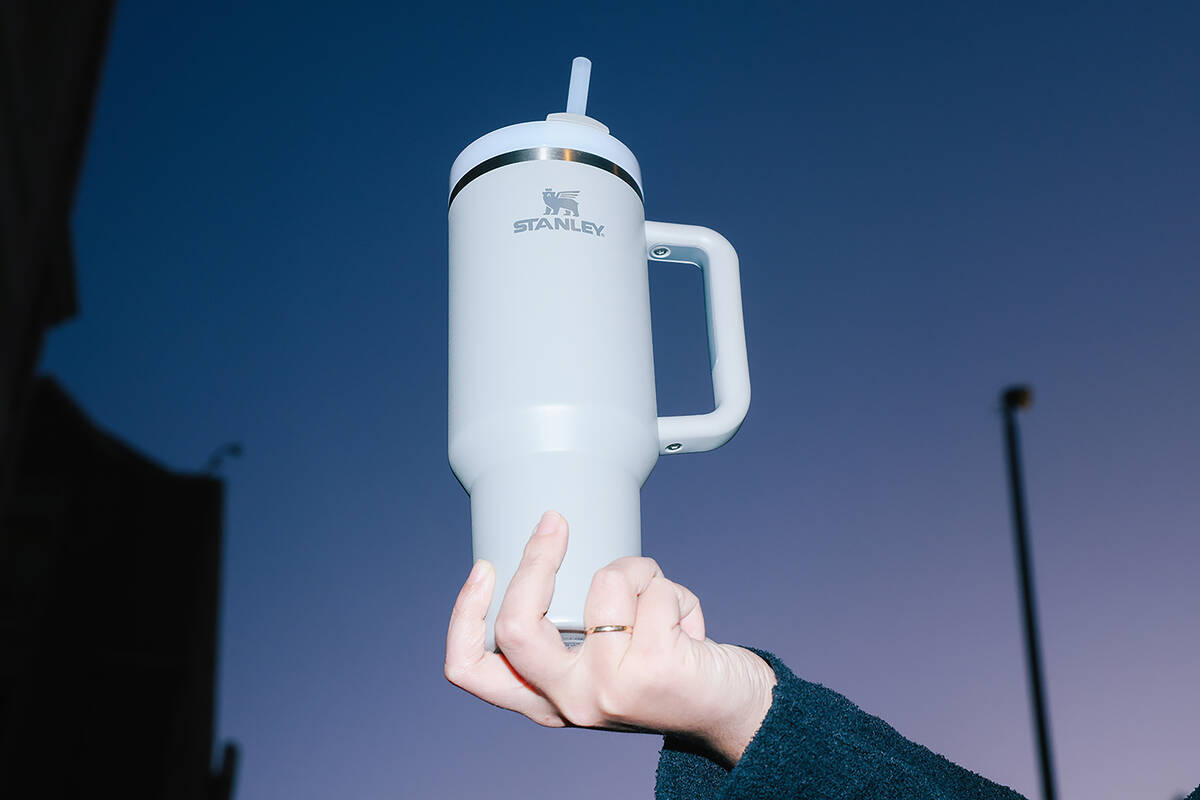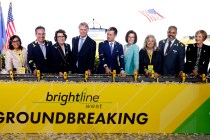Nevada woman files lawsuit against Stanley over lead in cups
The Seattle-based parent company behind the viral Stanley tumbler faces more lawsuits accusing it of intentionally misleading consumers about the presence of lead in its products.
Two separate lawsuits filed last week accuse Stanley, which was acquired by Seattle-based PMI Worldwide in 2002, of deceiving customers and failing to disclose the presence of lead in its products, most notably its viral Quencher tumblers. Both class-action complaints were filed in the U.S. District Court for the Western District of Washington.
In January, the company informed its millions of consumers who bought a Quencher tumbler in the past several years that the product contains lead, a toxic heavy metal that can cause a variety of health problems, particularly in children and pregnant people.
Discussion about the product’s safety was spurred in recent weeks, as several widely shared social media posts amplified concerns Stanley cups may contain lead. Some Stanley owners have also posted on social media mixed test results using home kits, which experts say are not reliable, to assess whether there’s lead in any of their cups.
Stanley’s vacuum insulation process uses “an industry standard pellet to seal the vacuum insulation at the base of our products,” according to a statement on its website. The sealing material, it said, “includes some lead.”
Once sealed, the area containing lead is covered with stainless steel, making it inaccessible to consumers. Lead is not present “on the surface of any Stanley product that comes into contact with the consumer nor the contents of the product,” the statement added. PMI did not respond to a request for comment.
The lawsuits allege, though, that if the tumblers are damaged or worn out from washing and use over time, the vacuum seal could break and expose the user to lead.
Both lawsuits were filed by women who purchased a Stanley product from a big-box retailer — a Nevada woman bought one for $35 at Target and a California woman bought a cup at Dick’s Sporting Goods store — and say they wouldn’t have done so if they knew the products contained lead.
The Nevada woman later confirmed the presence of lead with an at-home test, according to the lawsuit.
The lawsuit complaints note Stanley competitors — Hydro Flask, Owala and Klean Kanteen — use lead-free manufacturing processes for their products.
Stanley’s various size, color and design tumblers are uniformly marketed as durable, leakproof and insulated, keeping drinks hot or cold for hours. The products, which are manufactured in Brazil and China, are made of stainless steel and also advertised as BPA-free.
The 40-ounce Quencher tumbler’s recent sales, driven largely by social media, propelled the 100-year-plus Stanley brand’s revenue from $73 million in 2019 to $750 million last year, according to CNBC.




























